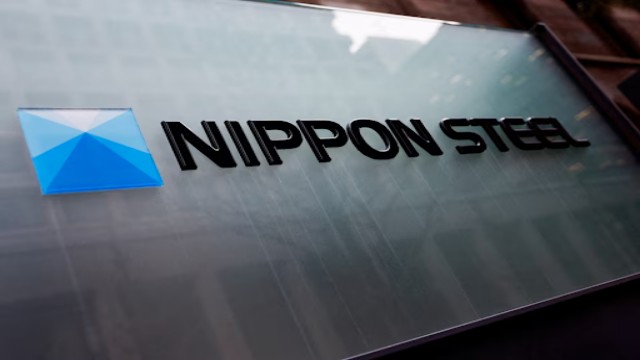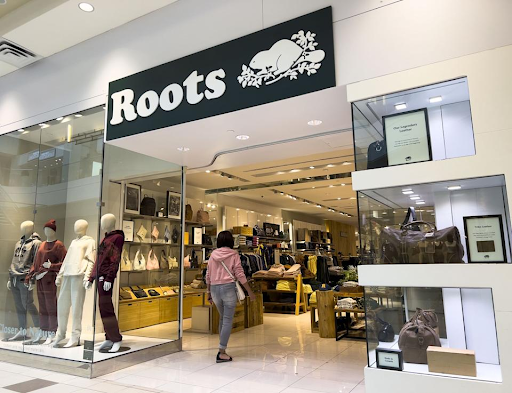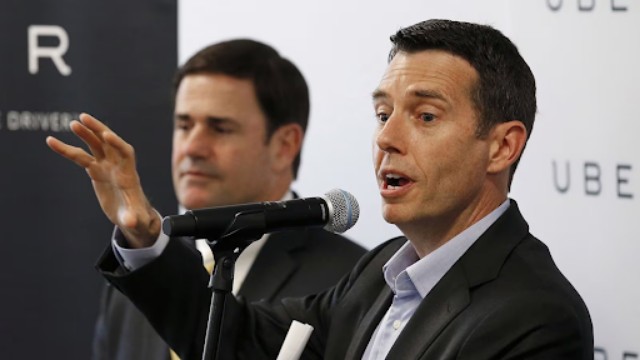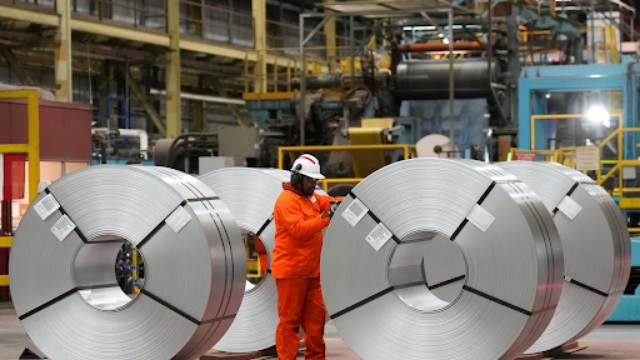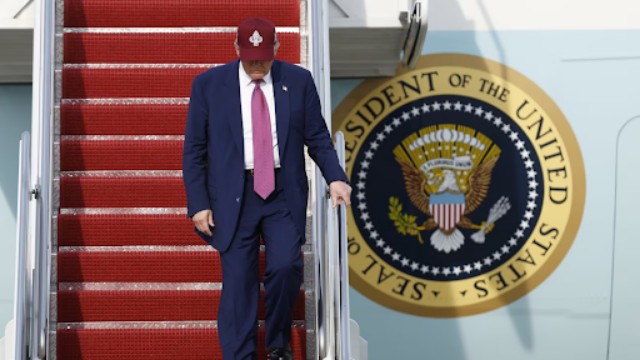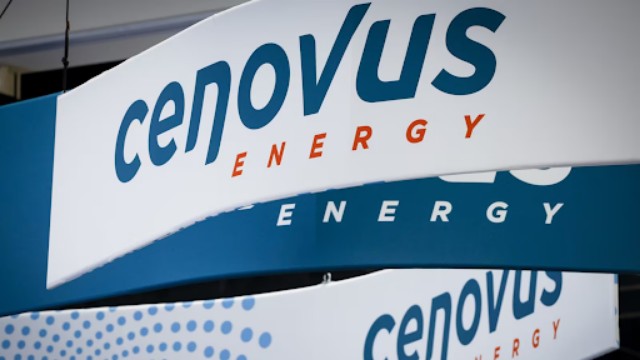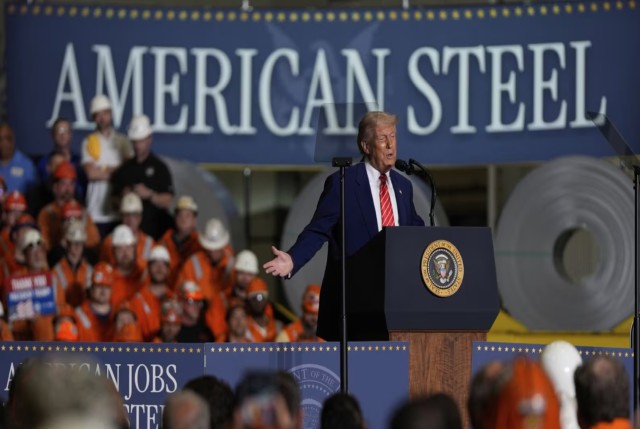
Former President Donald Trump delivered a speech on Friday, May 30, 2025, at the U.S. Steel plant located in West Mifflin, Pennsylvania. The event took place at the Mon Valley Works–Irvin facility. (Photo credit: Julia Nikhinson, AP)
In a major development for the American steel industry, former U.S. President Donald Trump has officially signed an executive order that clears the way for Nippon Steel’s investment in U.S. Steel—if the Japanese firm agrees to key national security conditions set by the U.S. government.
While the exact terms of the agreement are still under wraps, both Nippon Steel and U.S. Steel confirmed that a deal had been reached. Under this agreement, Nippon Steel is expected to invest around $11 billion into American operations by 2028. A major condition is that the U.S. government will hold what's called a "golden share"—a special stake that gives the government veto power to block any action it believes could harm national interests.
“This is a bold move,” the companies said in a joint statement, thanking Trump for his leadership. “This partnership isn’t just about business. It’s about supporting American families and rebuilding the steel industry in a big way.”
According to the companies, the deal has already been reviewed by the U.S. Department of Justice and has received all necessary regulatory approvals. The final steps are expected to move quickly.
Still, some details remain unclear. For instance, no one has explained how the golden share will work in practice or which projects the $11 billion investment will fund.
Trump, during a press briefing on Thursday, insisted that he would have “total control” over U.S. Steel’s actions through the golden share. He also mentioned that American ownership of the company must remain at 51%—a condition aimed at keeping the company under U.S. influence even after the foreign investment.
“I’m the one in charge of that golden share,” Trump claimed. “I can stop anything that’s not good for the country.” However, he also expressed concern about how future presidents might use that same power, suggesting that his successors might not be as cautious.
Despite concerns raised over national security, Nippon Steel has not pulled back from its plan to purchase U.S. Steel. Their $15 billion bid for the Pittsburgh-based company has faced delays since the Biden administration raised red flags about foreign control over key industries.
The merger was under scrutiny by the Committee on Foreign Investment in the United States (CFIUS), which had been reviewing it for potential threats to national security. Trump’s executive order confirms that while there is “credible evidence” of possible risks, those concerns can be managed if the national security agreement is followed strictly.
The agreement draft was handed over to both companies on Friday. Now, they must finalize the terms with approval from the Treasury Department and other involved federal agencies. Trump’s order also states he retains the right to take more action if needed as the deal progresses.
While the finer points are still being worked out, one thing is clear—Trump is open to foreign investment, but only if it benefits America on his terms.





